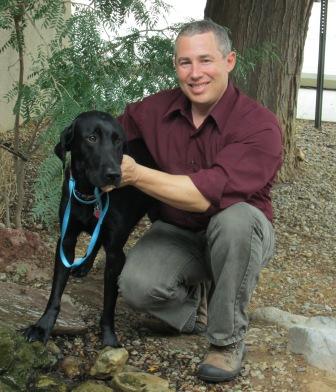
When are tummy troubles serious?
When our pets get hit with gastrointestinal (GI) symptoms, it becomes obvious really quickly. Usually we get woken in the middle of the night. Or step in something in the morning.
Vomiting and/or diarrhea is stressful for everyone in the household. At the veterinary hospital, we understand this—believe me. We always try to get to the cause, but we don’t always figure it out. Luckily, the symptoms often resolve on their own. Sometimes a little treatment for symptoms is all that is needed, and since GI troubles can take up whole books, as long as the pet feels better, all is good.
Some people may be extra concerned because of the buzz out there about a circovirus causing bad GI problems in dogs. This has some rescue workers, shelter employees, and breeders all lathered up, and may be worrying dog owners unnecessarily.
Circovirus is actually a class of viruses in birds and pigs that only very recently has been showing up in dogs. It was discovered during a routine screening, and circovirus was later found in a dog in California brought to a veterinary school for vomiting and diarrhea. It was also detected in a dog in Ohio with symptoms, though it’s not clear a virus was the cause. From what I have learned, circovirus are being found in healthy dogs as well as sick ones, but the finding is still very rare. And we still don’t know how much of a role the virus plays in illness, if any.
So many things can cause diarrhea or vomiting in pets, before you get too worried about things you read online, please talk to your veterinarian!
That said, what should you do when you do see GI symptoms in your pets?
Skipping a meal (or two for dogs) is not a bad response. Giving the GI system a chance to rest and heal can do a lot of good. But if your cat deliberately misses more than one meal, or your dog more than two or three meals, it is time to call the doctor.
If an animal is hungry, can hold down water, and acts pretty normal, a bland diet is a good place to start. There are excellent prescription diets available, or you can cook one yourself. Rice or white potato work for dogs, but you may need to call the hospital for a prescription diet that cats will eat.
Probiotics that are specifically made for dogs and cats can help return the GI tract to a normal, healthy state. These are better than yogurt or products made for people.
Quite a few over-the-counter drugs for humans can be safe and effective to use on dogs and cats. But before you try such remedies on your own, please call your veterinarian and ask about the particular drug and dosage, so you don’t inadvertently make things worse.
Happy Holidays, and please keep your pets safe this season!
Daniel Levenson operates the Southwest Veterinary Medical Center at the south end of Corrales Road. Visit his website at mysouthwestvet.com.
